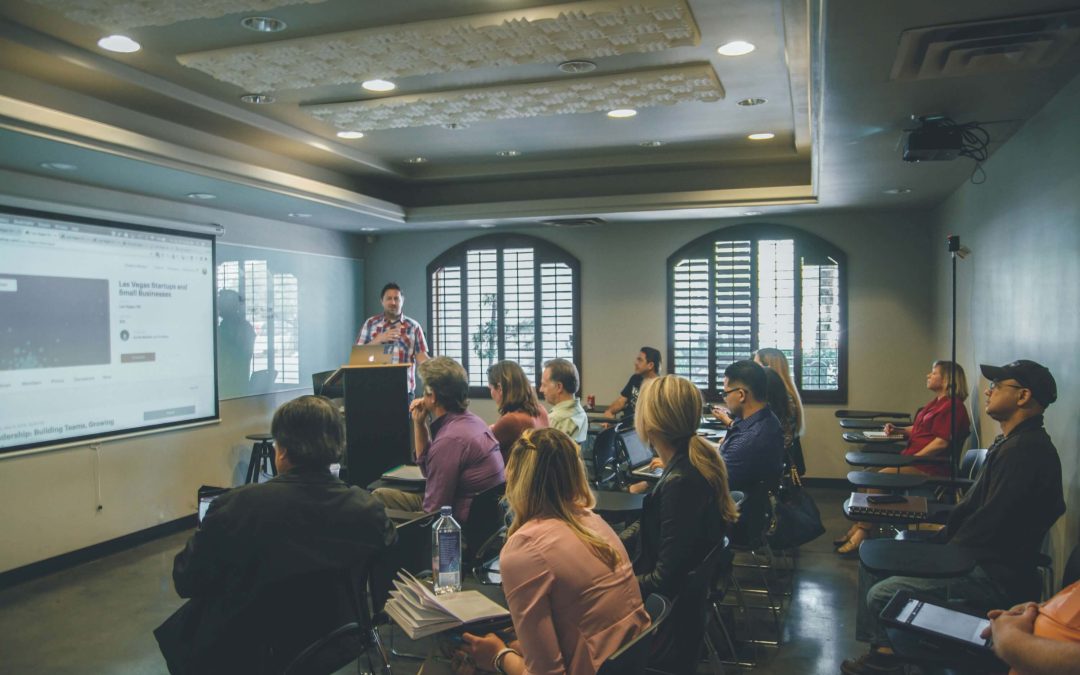Community-based projects have been integral to the socio-cultural fabric of the UK. These projects, driven by passionate volunteers, seek to create positive change within communities, addressing various societal issues and fostering communal bonds. However, like any endeavour, they come with both rewards and challenges.
Key Benefits of Volunteering
1. Personal Growth: Engaging with community-based projects offers a profound avenue for personal growth. Beyond learning new skills, volunteers often experience shifts in perspectives, fostering empathy and understanding for diverse groups within their community.
2. Societal Impact: A single project can have a ripple effect. For instance, a community clean-up not only beautifies an area but also instils pride, potentially reducing crime and fostering community spirit.
3. Skill Development: From project management to communication, volunteering provides hands-on experience in various fields. It’s a real-world classroom where soft and hard skills are honed.
4. Networking: Engaging in community projects exposes volunteers to like-minded individuals, potential mentors, and other community leaders. Such networks can prove invaluable in personal and professional life.
5. Sense of Purpose: Contributing to tangible change within one’s community imparts a deep sense of purpose and satisfaction. It’s fulfilling to see direct results of one’s efforts.
Challenges Faced by Volunteers
1. Time Commitment: Volunteering requires time, often more than anticipated. Balancing this with personal and professional commitments can be taxing.
2. Emotional Drain: Engaging deeply with societal issues can be emotionally overwhelming, especially when progress is slow or when faced with setbacks.
3. Lack of Resources: Many community projects operate on shoestring budgets. This can limit the scope of projects and require additional efforts in fundraising.
4. Differing Opinions: Community projects bring together diverse groups, and differing opinions can lead to conflicts or project delays.
5. Burnout: Given the emotional, physical, and time investment, volunteers might experience burnout, especially if they feel their efforts aren’t making a difference.
Overcoming Challenges
1. Effective Time Management: Setting clear boundaries and allocating specific times for volunteering can help in balancing commitments.
2. Seek Support: Engaging in regular discussions with fellow volunteers or seeking professional guidance can alleviate emotional burdens.
3. Collaborative Fundraising: Rallying local businesses or hosting community fundraising events can pool resources effectively.
4. Open Communication: Encouraging open dialogue and being receptive to diverse viewpoints can foster unity in projects.
5. Regular Breaks: It’s essential for volunteers to recognise signs of burnout and take regular breaks to recharge.
Conclusion
To all young adults considering this path, know this: your contributions can shape communities. The challenges, while real, are surmountable. And the rewards? They’re profound. Not only do you get to witness the tangible impact of your efforts, but you also grow as an individual, making lifelong connections and memories. The community awaits your passion and commitment. Dive in.

